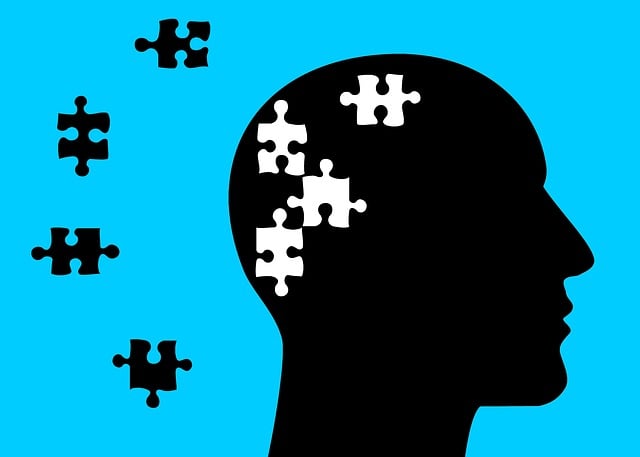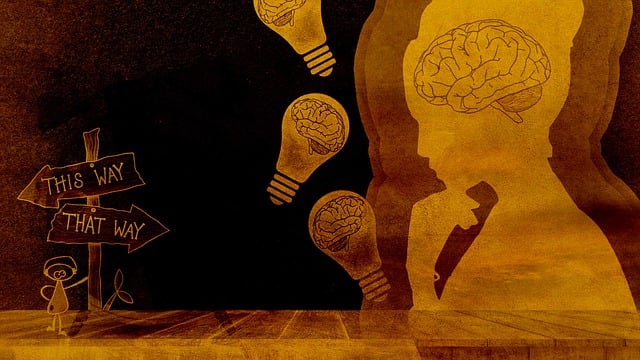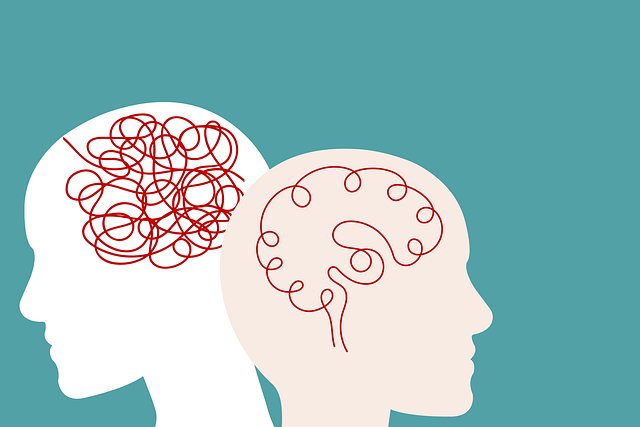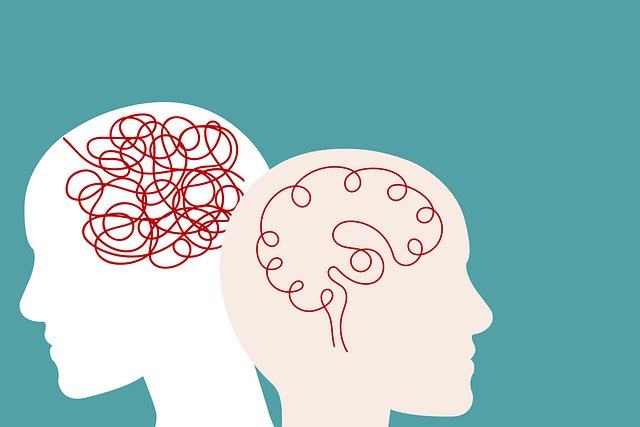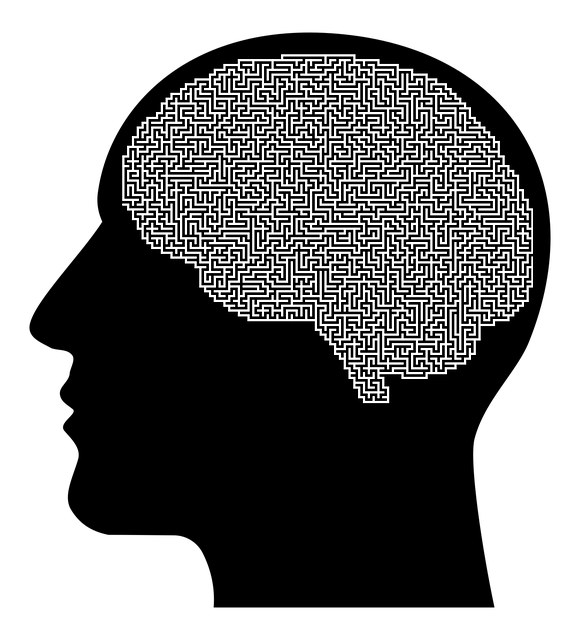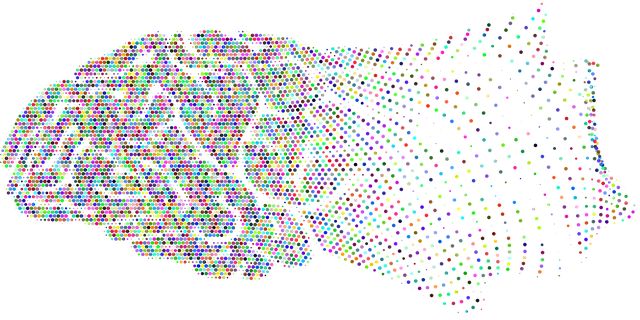In Highlands Ranch, Conduct Disorder (CD) is addressed through evidence-based therapies like CBT and DBT, integrated into schools and community centers. Highlands Ranch Conduct Disorder Therapy focuses on impulse control, decision-making, and peer interactions using tailored interventions. Cultural sensitivity ensures inclusive treatment plans. Community engagement strategies, including resilience building and trauma support services, leverage partnerships for comprehensive mental health education accessible to all residents.
In Highlands Ranch, addressing conduct disorder (CD) is a pressing mental health concern. This article explores an innovative education program designed to tackle CD’s complex nature. We delve into understanding CD’s symptoms and challenges, highlighting the integration of evidence-based practices for effective therapy. Through strategic implementation and community engagement, the program offers hope for Highlands Ranch residents. Discover how these strategies revolutionize support systems, providing valuable insights into managing and preventing CD.
- Understanding Conduct Disorder: Symptoms and Challenges
- Integrating Evidence-Based Practices for Effective Therapy
- Program Implementation and Community Engagement Strategies in Highlands Ranch
Understanding Conduct Disorder: Symptoms and Challenges

Conduct disorder (CD) is a serious mental health condition characterized by persistent and repeated violations of socially accepted behaviors. It often presents in childhood or adolescence, with symptoms ranging from aggressive behavior to non-compliance with rules. Understanding CD involves recognizing its subtle signs, which can include frequent arguments with authority figures, staying out late, truant behavior, and destruction of property. These actions typically cause significant impairment in daily functioning and relationships.
Highlands Ranch Conduct Disorder Therapy focuses on addressing these challenges through tailored interventions. By incorporating evidence-based practices such as cognitive behavioral therapy (CBT), mindfulness meditation, and self-awareness exercises into the mental wellness podcast series production, therapists aim to help individuals with CD develop better impulse control, improve decision-making skills, and foster healthier interactions with peers and adults.
Integrating Evidence-Based Practices for Effective Therapy

In designing an effective mental health education program, particularly tailored for addressing Conduct Disorder in Highlands Ranch, integrating evidence-based practices is paramount. These practices have been rigorously studied and proven to deliver tangible results in therapeutic settings. For instance, Cognitive Behavioral Therapy (CBT) and Dialectical Behavior Therapy (DBT) are widely recognized as game-changers in managing conduct disorder, fostering positive thinking, and enhancing mental wellness coaching programs development. CBT equips individuals with tools to challenge negative thought patterns, while DBT promotes emotional regulation skills, crucial for navigating challenging behaviors.
Cultural sensitivity in mental healthcare practice is another key aspect that enriches the therapeutic process. Recognizing and respecting diverse cultural backgrounds ensures that interventions are not just effective but also inclusive. This approach considers how cultural factors can influence an individual’s presentation of conduct disorder symptoms, offering a more nuanced understanding and personalized treatment plans. By combining evidence-based techniques with cultural sensitivity, mental health educators in Highlands Ranch can create impactful programs that cater to the unique needs of their community.
Program Implementation and Community Engagement Strategies in Highlands Ranch

In Highlands Ranch, program implementation for mental health education often involves a multi-faceted approach that combines direct therapy with community engagement strategies. One key initiative is integrating Highlands Ranch Conduct Disorder Therapy into local schools and community centers, ensuring accessible support for individuals facing behavioral challenges. This strategy not only reaches a broader audience but also normalizes conversations about mental health, breaking down stigma.
Community engagement plays a pivotal role in the success of these programs. By fostering partnerships with local organizations, religious groups, and businesses, mental health educators can leverage existing social networks to spread awareness about Resilience Building and Trauma Support Services. Utilizing Mind Over Matter Principles, these collaborations enable individuals and families to develop coping mechanisms that promote emotional well-being. Such inclusive efforts have been shown to enhance community cohesion, providing a supportive environment where residents actively participate in and benefit from mental health initiatives.
In designing effective mental health education programs, such as those focused on Highlands Ranch Conduct Disorder therapy, it’s crucial to integrate evidence-based practices and community engagement strategies. By understanding the unique challenges of conduct disorder, as demonstrated in this context, we can create tailored interventions that resonate with affected individuals and their communities. The successful implementation of these programs in Highlands Ranch serves as a testament to the power of collaborative efforts and personalized care in enhancing mental well-being.

